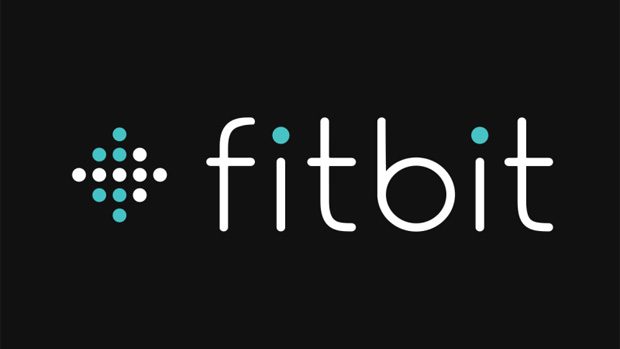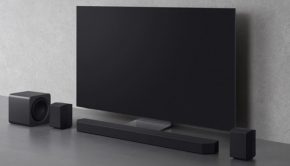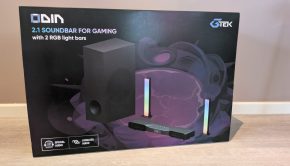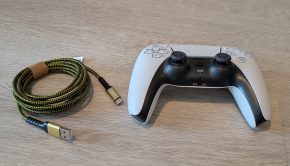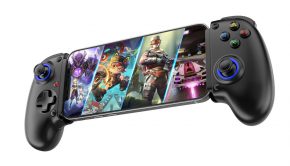Study Shows Fitbit Heart Rate-Tracking Devices AccuratelyTrack Light, REM and Deep Sleep Stages
AUSTRALIA – June 8, 2017 – Fitbit (NYSE: FIT), the leader in connected health and fitness wearables, has validated the ability of wrist-worn trackers that incorporate movement and cardiac sensors, like Fitbit Alta HR™, Fitbit Blaze™ and Fitbit Charge 2™, to accurately determine light, deep and REM sleep stages. The results of Fitbit’s study, which were scored independently by polysomnography technicians, demonstrate that these devices can be used to track sleep stages with a reasonable degree of accuracy in normal adult sleepers, avoiding the cost and artificial sleep environment of a sleep laboratory. Having the ability to gather reliable sleep stage data on wrist-worn devices can help simplify sleep research and increase public knowledge about sleep.
Dr. Conor Heneghan, lead sleep research scientist at Fitbit, will present the findings of the study, “Estimation of Sleep Stages Using Cardiac and Accelerometer Data from a Wrist-Worn Device,” at SLEEP 2017, the joint conference of the American Academy of Sleep Medicine and the Sleep Research Society, in Boston from June 3-6.[i]
“With our sleep tracking tools, Fitbit has transformed what people can learn about their sleep habits by taking the ability to track sleep stages out of a lab and putting it on the wrist,” said Dr. Heneghan. “The ability to easily track your sleep not only helps individuals better understand their own sleep, it also unlocks significant potential for us to better understand population health and gain new insights into the mysteries of sleep and its connection to a variety of health conditions.”
In April 2017, Fitbit introduced new sleep features to provide people with a greater understanding of their sleep habits. Sleep Stages, now available with Alta HR, Blaze and Charge 2, uses heart rate variability to estimate the amount of time spent in light, deep and REM sleep, as well as time awake each night to help better recognise sleep quality.
With more than four billion nights of sleep tracked since 2010, Fitbit has the most extensive, longitudinal database on sleep in the world. This database uniquely positions Fitbit to identify macro sleep trends across millions of people around the globe.
Fitbit recently conducted an analysis of millions of nights of anonymised and aggregated Fitbit sleep stages data that supports long-standing sleep scientists’ theories that sleeping more than seven hours a night is best for your health.[ii]Leading sleep researchers have linked getting less than seven hours of sleep to a reduction in REM sleep, which could impact short-term memory, cell regeneration and mood regulation.[iii]
Fitbit analysis uncovered these unique correlations and observations:
- While sleeping longer will lead to getting more deep and REM sleep, sleeping 7-8 hours gives you the highest combined percentage of time in these stages. Sleeping less than 7 hours will lead to deep and REM stages being a smaller proportion of your overall sleep.
- Waking up earlier than usual can impact the percentage of REM sleep you get, which occurs more at the end of the night.[iv]
- When getting five hours or less of sleep a night, users get a smaller percentage of deep sleep, which occurs near the beginning of the night. Deep sleep is important for many physical processes such as cell regeneration, human growth hormone secretion and feeling refreshed in the morning.[v]
- People are unconsciously awake at night; the average awake time adds up to 55 minutes, or 10-15% of the night. Short periods of awake time are a normal component of a healthy sleep cycle.
Fitbit also evaluated sleep patterns by gender and generation. Key findings include:
- Gen Z (age 13-22) sleeps the most, averaging 6 hours and 57 minutes of sleep a night with 17% of the time in deep sleep, while Baby Boomers (age 52-71) sleep the least at 6 hours and 33 minutes per night with 13% of the time in deep sleep.[vi]
- People get less deep sleep as they age, decreasing from an average of 17% at age 20 to 12% at age 70.
- Women sleep an average of 25 more minutes a night than men and have a higher percentage of REM sleep, a difference which increases even further around age 50.
“These findings further support the general recommendation that most adults need to consistently sleep 7-9 hours per night, and illustrate why a good night’s rest is so important for your overall wellbeing,” said Dr. Michael T. Smith, Jr., professor of Psychiatry, Neurology and Nursing at Johns Hopkins University School of Medicine and Fitbit Advisory Panel Sleep Expert. “When sleeping less than seven hours, your body may not be getting enough of both deep and REM sleep, the two sleep stages that are very important to many aspects of maintaining your overall health.”
Previous sleep research has shown that most people spend 50-60% of their night in light sleep, 10-15% in deep sleep, and 20-25% in REM sleep. Fitbit analysis shows that age and gender impact your sleep cycle, and confirm that most people typically lie within these ranges on average over 30 days. Night-to-night sleep cycles may vary widely.
| Light Sleep | Deep Sleep | REM Sleep | Total Duration | |
| Female Baby Boomers (Age 52-71) | 53.5% | 13.0% | 21.3% | 6 hrs 42 mins |
| Female Gen X (Age 41-51) | 52.2% | 14.4% | 21.7% | 6 hrs 46 mins |
| Female Millennial (Age 23-40) | 51.0% | 15.5% | 21.7% | 6 hrs 53 mins |
| Female Gen Z (Age 13-22) | 49.9% | 16.8% | 21.4% | 7 hrs 6 mins |
| Male Baby Boomers (Age 52-71) | 54.8% | 12.8% | 19.9% | 6 hrs 23 mins |
| Male Gen X (Age 41-51) | 52.3% | 14.6% | 21.0% | 6 hrs 22 mins |
| Male Millennial (Age 23-40) | 50.8% | 16.0% | 21.1% | 6 hrs 28 mins |
| Male Gen Z (Age 13-22) | 49.8% | 17.3% | 20.6% | 6 hrs 47 mins |

